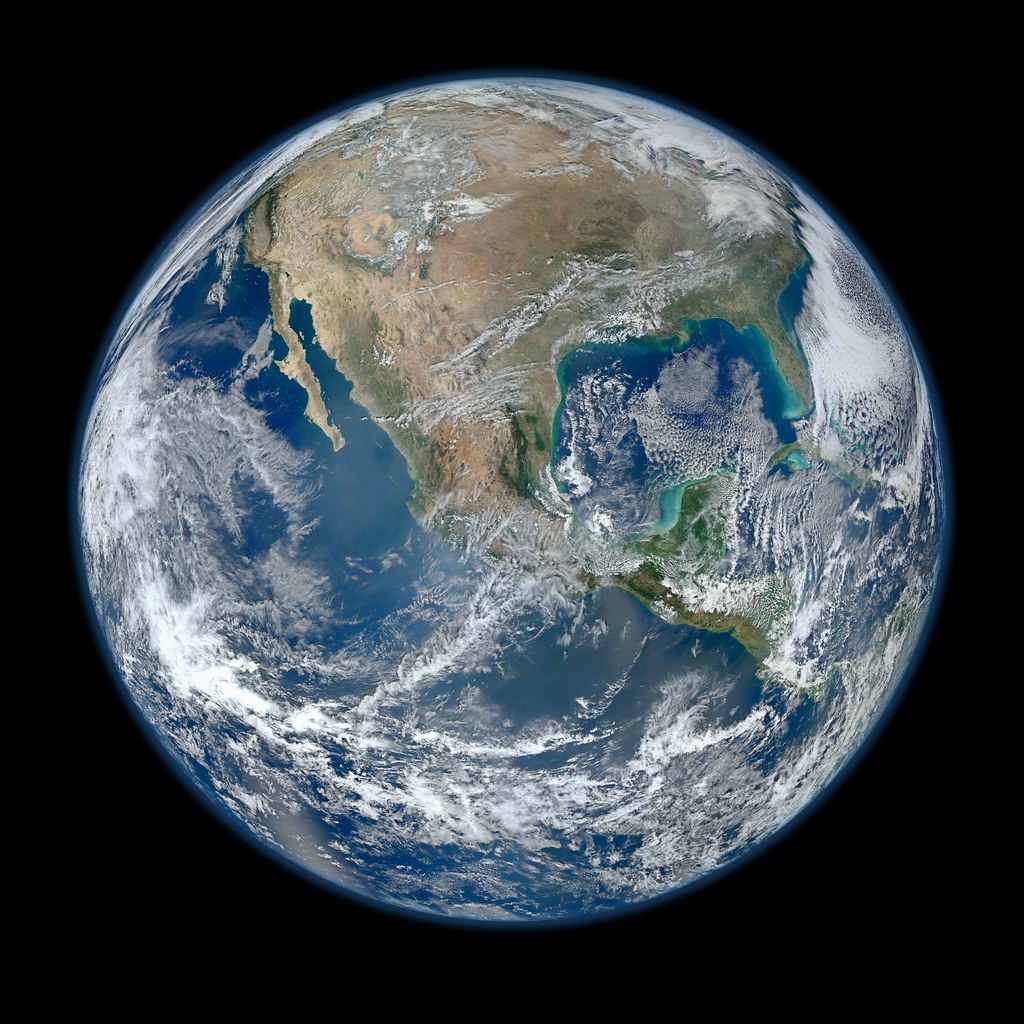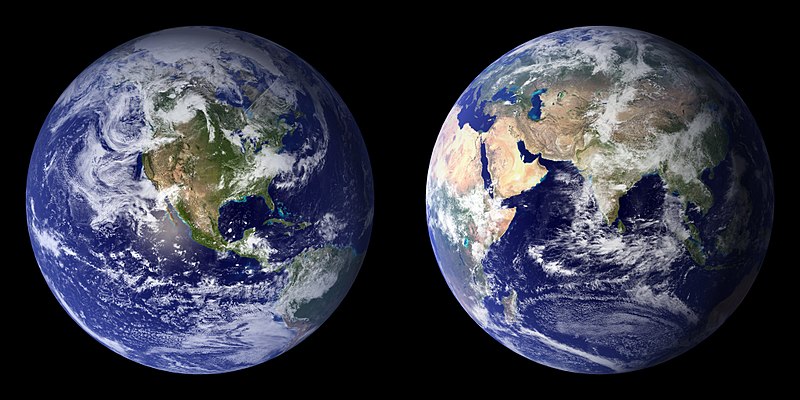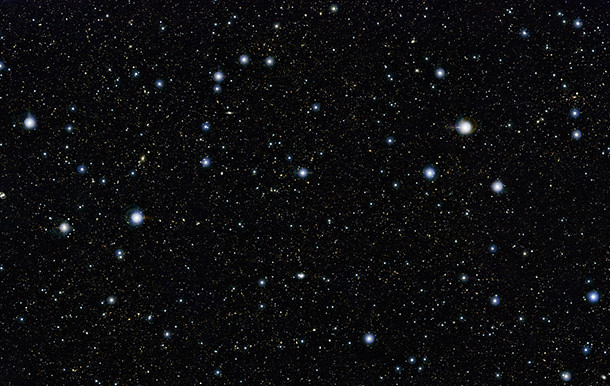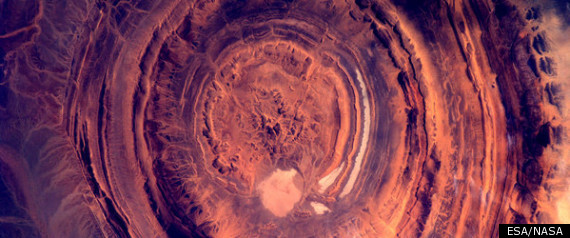WeAreStarStuff
Member
For anyone interested, the Science channel is re-airing the first two episodes of their Alien Encounters series right now. It's an interesting take on how we would react and what the implications would be. It got me thinking that I just don't think it will ever happen. If I had a choice for anything to happen in my life it would be to be around when we make first contact. But I don't even think my great great great great great grand kids will be around. The cosmos is just too big and we are just too far from one another. I like to ponder the idea that maybe other beings have met each other while we still sit here in silence, but I'm not even sure the most advanced race out there has found anyone yet. I just feel that if life was meant to find other life, then either the universe would be much MUCH smaller, or maybe there would be no speed limits. But because of these limits, life may always think its alone. Maybe that's the way its supposed to be. I just don't know why.
It is not inconceivable to postulate that a civilization millions of years more evolved than us would understand physics and the warping of space/time in ways that we can not even begin to imagine. Who can say that they have not found ways to warp through the fabric of the cosmos. And sure we don't think speed greater than light is possible, but we've not been around for long; who can say they have not found a way around the infinite mass problem when it comes to breaking the speed of light? You could also say that an advanced species would not interfere with species still young in their evolution. Perhaps we all evolve alone and without interference, and then arrive to some time of galactic/universal community. Also, if a species is so far ahead of us, what real reason do they have to visit? How often do you run off into the woods and lift over rocks to study worms in the ground?







